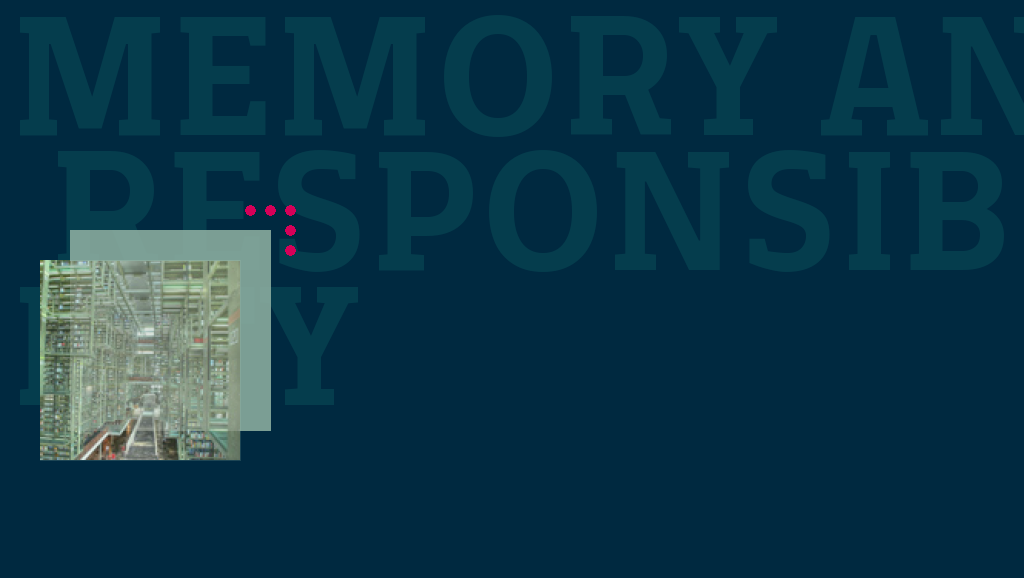Last month, with the support of the Bassetti Foundation, more than 60 people met at the Internet Archive in San Francisco to discuss the future of personal digital archives and the implications of innovations and new technologies related to personal and collective memory.
Enhancing responsibility in innovation by applying new technologies of memory and personal digital archiving has great promise.
The early work of the Nobel prize winners of the 2030s is likely to exist mostly in digital form. Ensuring that it is preserved and eventually becomes accessible is a critical aspect of responsible innovation. But digital media are notoriously fragile, and memory institutions — libraries, museums, and archives — have yet to converge on the most effective approaches to long term digital preservation.
At the same time, creation and capture of new digital information has become a part of the daily routine for hundreds of millions of people. The combination of new capture devices (more than 1 billion camera phones will be sold in 2010) with the move from older forms of media is reshaping both our personal and collective memories. The implications for our daily lives, our ability to engage in an examined life are far reaching.
As with all powerful innovations, technologies of memory will have mixed effects. For example, concern that we may be confronted by some unfavorable, unexpected future re-interpretation of our words may lead to a new kind of self-censorship. On the other hand, the promise of a much richer historical record, and the likelihood that more of what we do today will be known tomorrow may provide a healthy challenge to us now, to act with our descendants’ welfare in mind.
Detailed notes on the discussions are now up at http://www.personalarchiving.com, and videos of the sessions will be available in early April.
(photo: Vista de la Biblioteca Vasconcelos – by Eneas from Flickr)
















